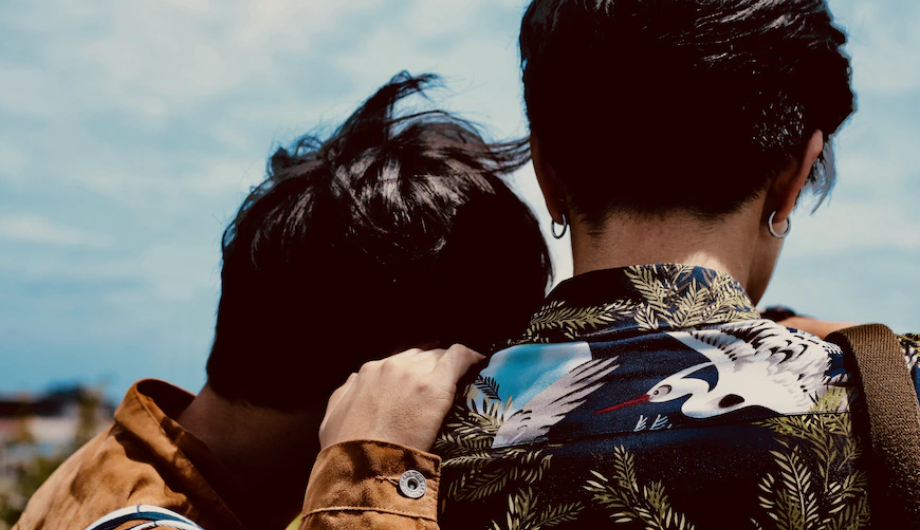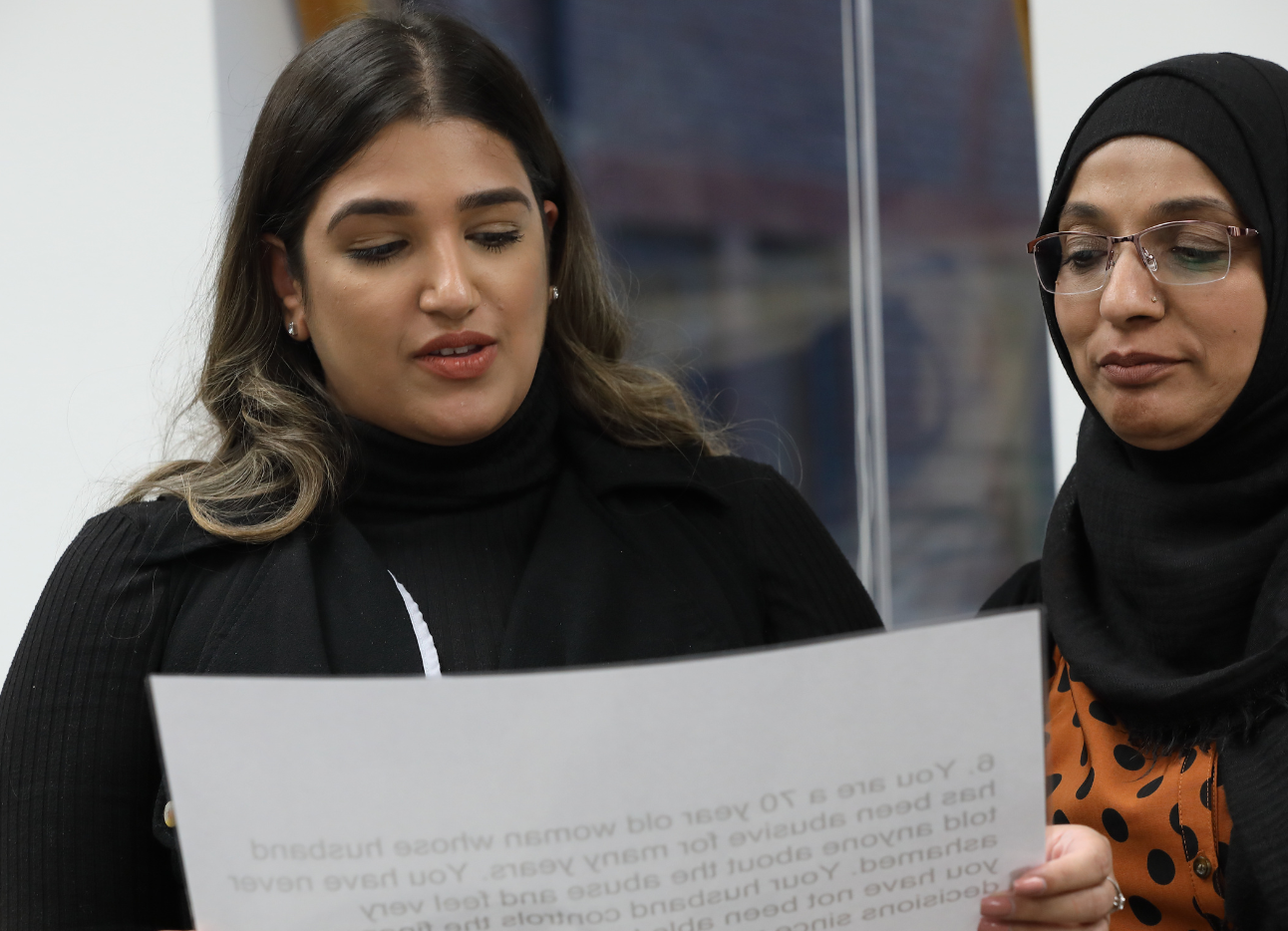
Acknowledging that women and girls affected by forced marriage and ‘honour-based’ violence are subjected to multiple forms of VAWG helps to ensure that professionals are more alert to their vulnerabilities and support needs and are better able to respond appropriately.
For these reasons, an intersectional analysis of forced marriage and ‘honour-based’ violence is useful – to acknowledge and respond to the intersections between different forms of violence and abuse, the intersections between gender inequality and other inequalities across the protected characteristics, and the impact on women and girls’ journeys and experiences. As an example of how this plays out in reality, last year, the team at Imkaan committed to archiving and amplifying young Black women’s voices created a film focused on racialised sexual harassment, which demonstrates some of the ways in which the intersections between racism, sexism and age impact everyday experiences of harassment. Young women highlighted that racism could not be separated from their experiences of harassment and spoke about the ways in which racialised gendered stereotypes and racist violence formed part of the harassment against them, as one felt experience. They also highlighted that, as young BME women, they felt less entitled to space and support following harassment.
Forced marriage and ‘honour-based’ violence require specific skills and awareness from professionals and much of this expertise is held within ‘by and for’ BME women’s specialist organisations that work to provide safety, support, space and social justice to BME women and girls (Larasi & Jones 2017). In recognition of this specialism, Imkaan has developed a quality assurance framework that is designed to identify and quality-mark the critical support that such organisations provide.
However, it is also important that all agencies working on VAWG are able to respond to forced marriage and ‘honour-based’ violence. Practically, organisations should ensure that staff members are aware of their safeguarding responsibilities, the multi-agency guidance on forced marriage, and the current civil and criminal legal frameworks in place to respond to these forms of VAWG (Imkaan & Rights of Women 2016a).
Professionals should also routinely consider how issues of forced marriage and ‘honour-based’ violence are discussed and thought about within their organisations, for example, are these forms of violence integrated into broader VAWG issues or is there anything that needs to change attitudinally within the organisation? In terms of practice, do needs and risk assessments cover all forms of violence against women and girls, including forced marriage and ‘honour-based’ violence and are there clear referral pathways to specialist organisations to support women’s safety and healing processes (Imkaan & Rights of Women 2016a)?
Responding to forced marriage and ‘honour-based’ violence is an important part of ensuring women and girls freedom, safety and healing and a critical part of addressing violence against women and girls, towards creating an equal society. In order to do this effectively, understanding these issues as forms of violence against women and girls, that occur in a wider context of inequality, is crucial.
About Lia
Lia Latchford is a Development Co-ordinator at Imkaan. Imkaan is the only UK based, national second tier women’s organisation dedicated to addressing violence against Black and ‘minority ethnic’ (BME) women and girls. The organisation works at local, national and international levels, and in partnership with a range of organisations, to improve policy and practice responses to BME women and girls. Imkaan works with its members to represent the expertise and perspectives of frontline, specialist and dedicated BME women’s organisations that work to prevent and respond to violence against women and girls.

